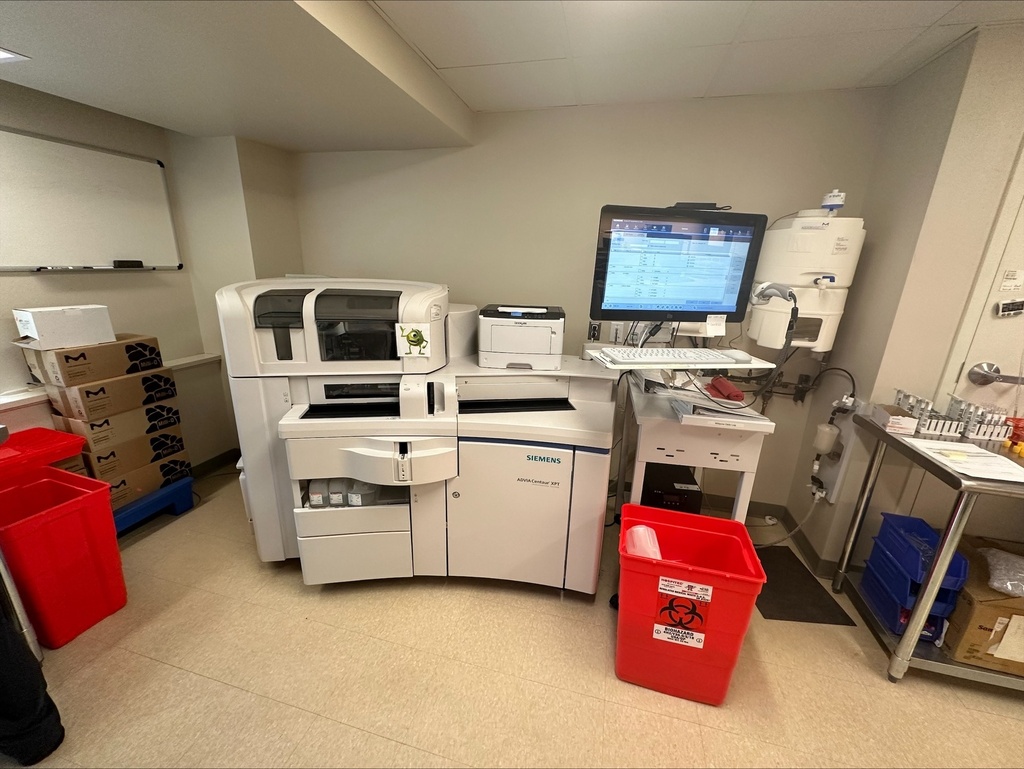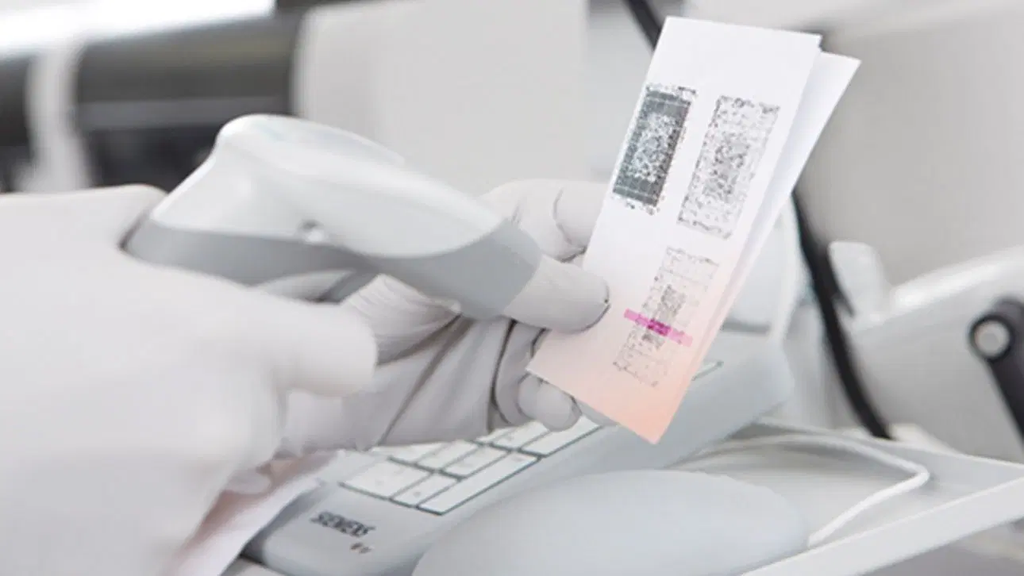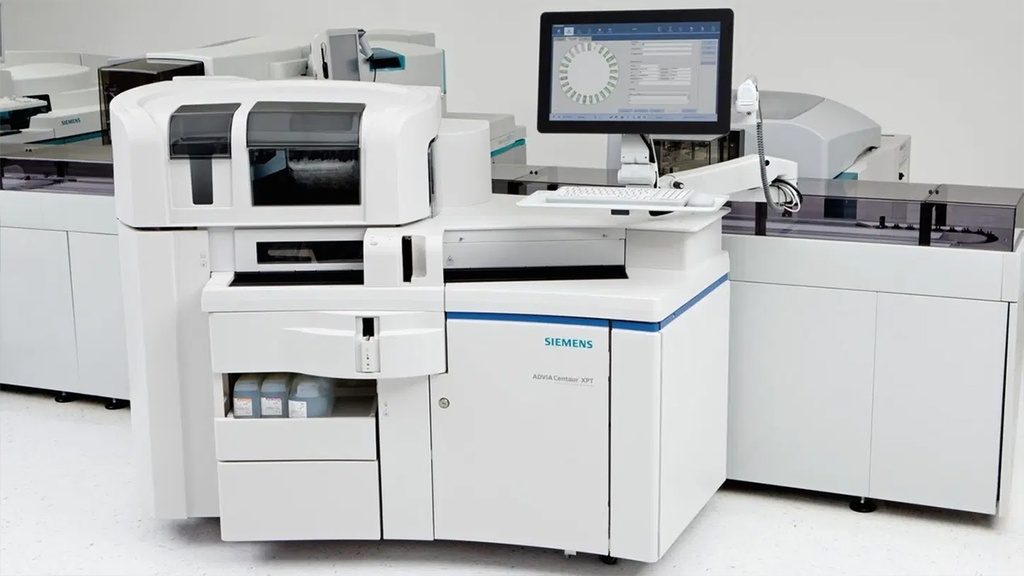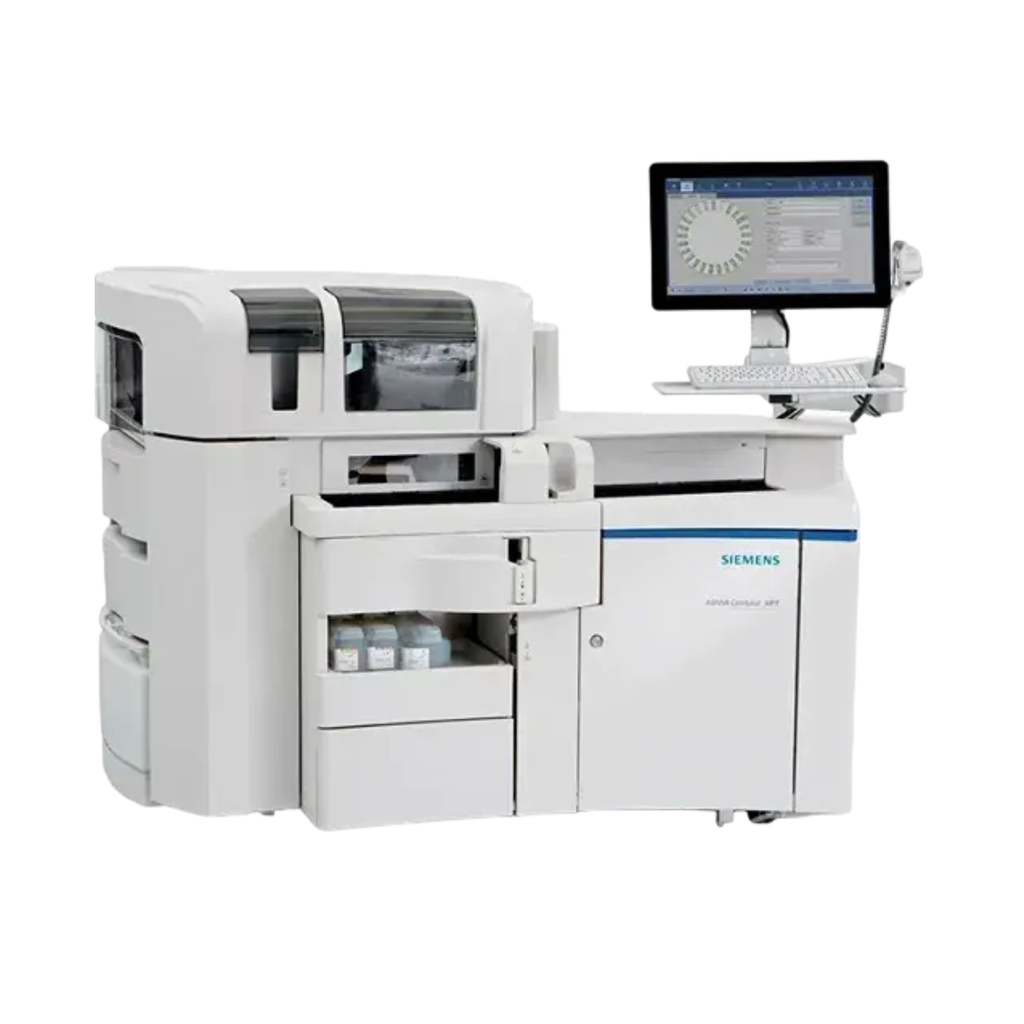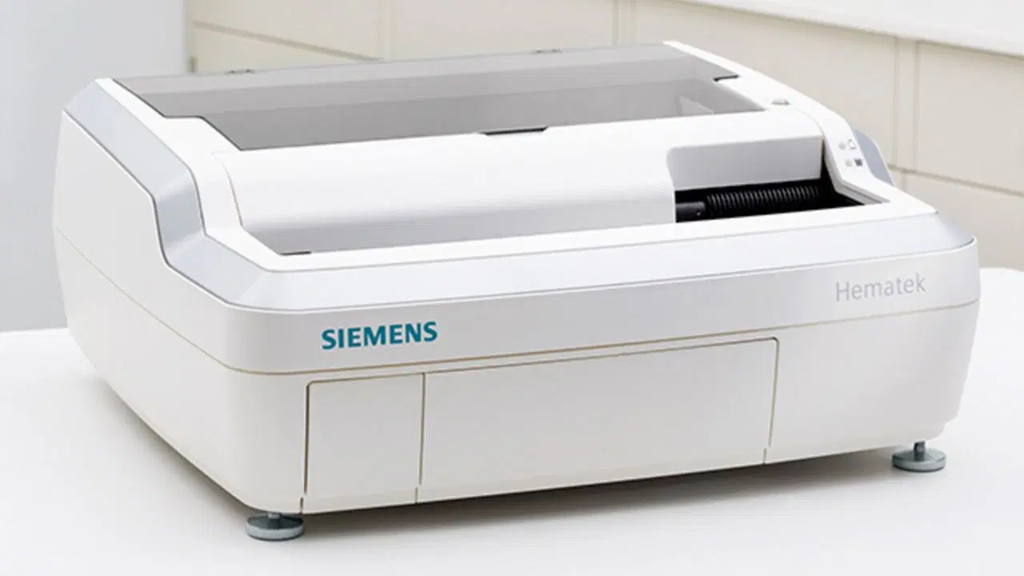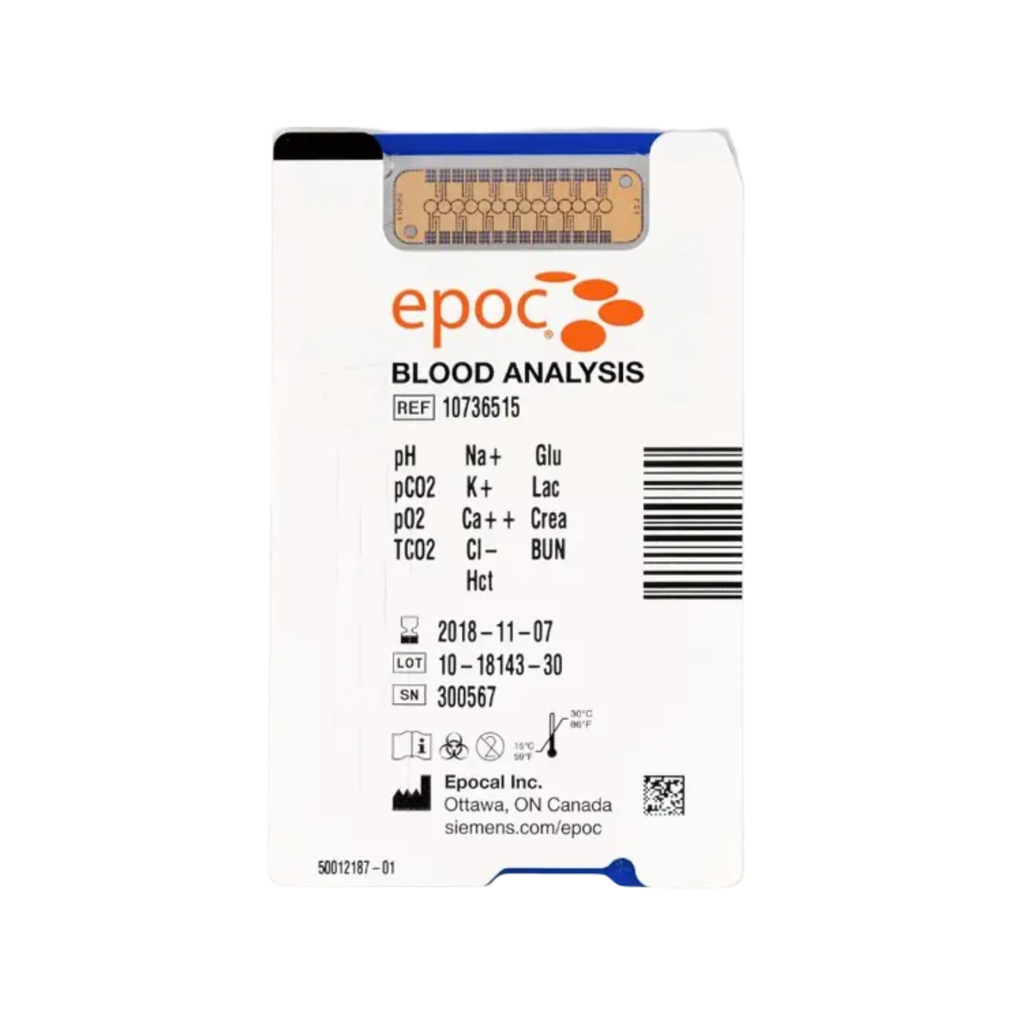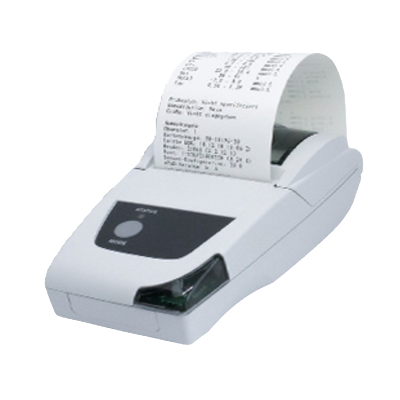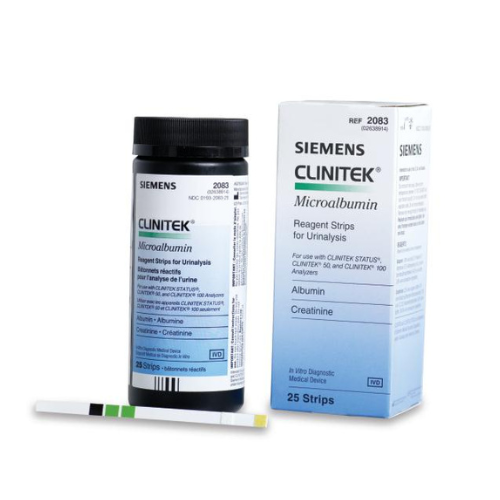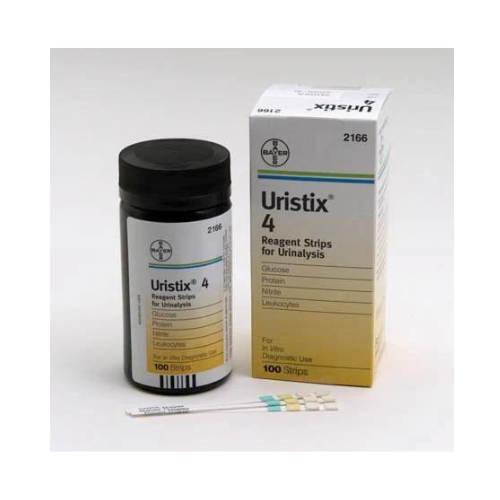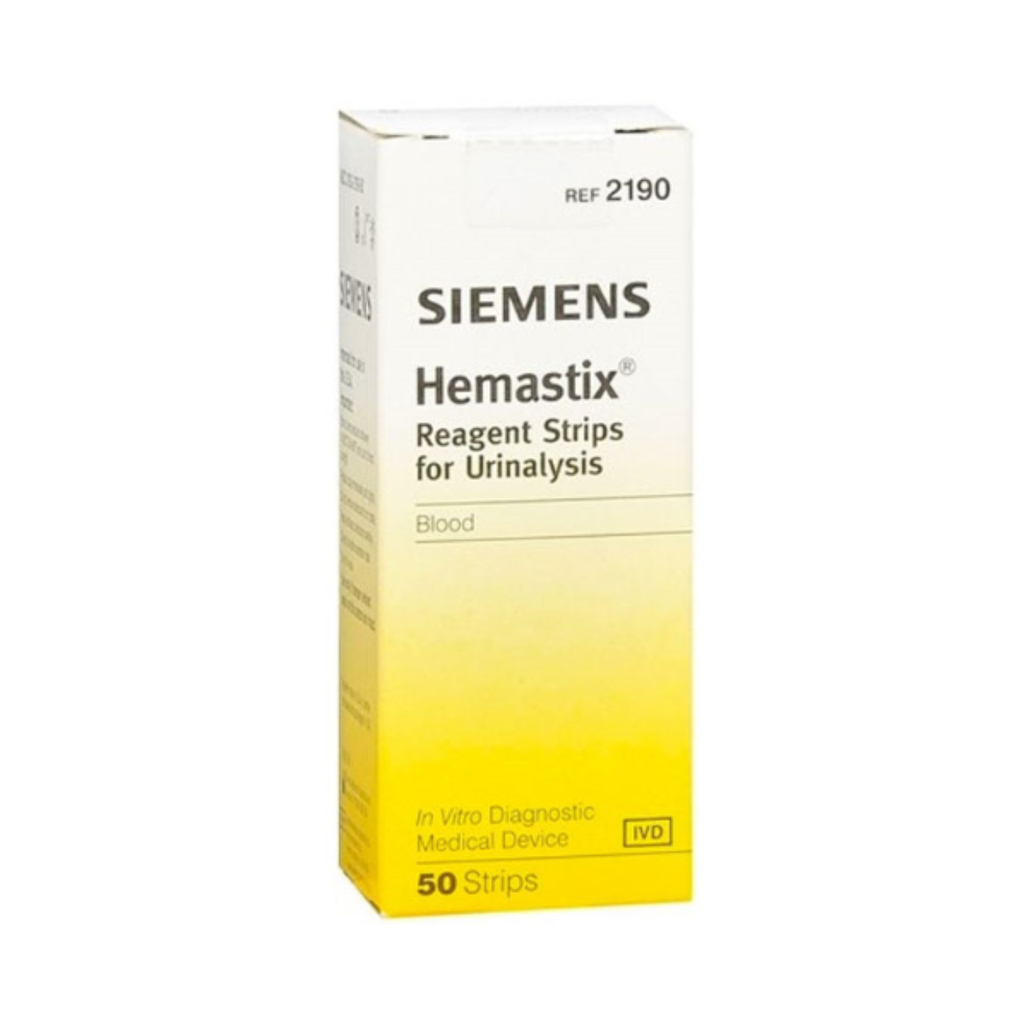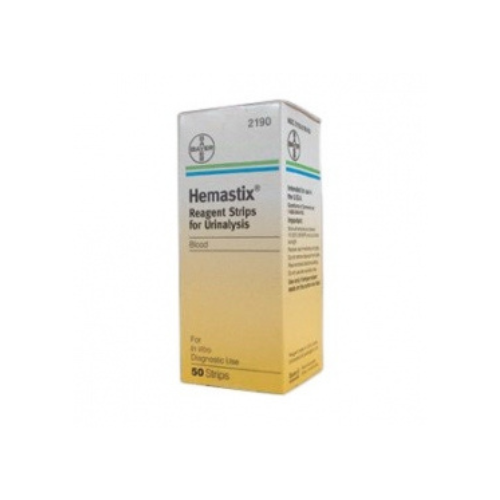Siemens Advia Centaur XPT Immunoassay System
In Stock
Product code: SCXPT001
Manufacturer: Siemens Healthineers

WHY CHOOSE BLOCK SCIENTIFIC?
See why in 2 mins.
A refurbished immunoassay analyzer that matches your actual testing volume at a price that matches your actual budget.
The Siemens Advia Centaur XPT occupies the sweet spot between underpowered benchtop systems and overengineered mega-platforms. At 240 tests per hour, it processes your morning thyroid panels, afternoon fertility markers, and STAT troponins without breaking a sweat - or breaking your bank account when you buy it refurbished.

Block Scientific makes the Centaur XPT accessible:
Refurbished units at up to 50% less
than new equipment pricing.
Advia reagents without OEM markup
save up to 30% on every test.
Service from technicians who've actually fixed these
not reading from a manual.
Your old analyzer has trade-in value
even if it barely works.
Protected by warranty
because refurbished doesn't mean risky.
The reality of immunoassay testing in 2025
Your lab falls into one of these categories.
The squeezed middle.
You're too big for a Mini Vidas but can't justify a million-dollar Atellica. You need 150-200 immunoassays processed daily without hiring a dedicated operator or taking out a second mortgage.
The budget casualty.
Corporate approved your capital request, then cut it by 40%. Now you're shopping for miracles - same testing capacity at almost half the price.
The international David.
You're competing against Goliath laboratories using equipment that costs twice as much after import duties. You need their capabilities without their pricing structure.
The backup planner.
Your main immunoassay system is great until it isn't. When it goes down for a week, you lose $50,000 in referred testing. You need affordable insurance.
The Siemens Advia Centaur XPT addresses each scenario. Released in 2014, these analyzers are now hitting the refurbishment sweet spot - new enough to handle current testing demands, depreciated enough to be genuinely affordable.
What 240 tests per hour actually means for your laboratory
Let's translate specifications into reality:

Your morning reality.
60 patients arrive between 7-9 AM. Each needs 2-3 immunoassay tests. That's 150+ tests that need results before noon rounds. The Centaur XPT clears this backlog by 10:30 AM.

Your STAT interruptions.
The ER sends up a troponin. OB needs an hCG. The ICU wants a drug level. The Centaur XPT's dedicated STAT port handles these without stopping routine work. No angry phone calls about delayed results.

Your growth trajectory.
You're adding 10% more volume annually. The Centaur XPT has headroom for the next five years without forcing another capital purchase. That 240 tests/hour means you can say yes to new physician groups.

Your staffing constraints.
One competent tech can manage the Centaur XPT while running other instruments. No dedicated operator required. No PhD needed for troubleshooting. Your existing team handles it.
Inside the Siemens Centaur test menu
The tests that pay your bills
Thyroid cascade
TSH reflexing to Free T4, adding Free T3 when indicated. The Centaur XPT handles the entire algorithm automatically. Your endocrinologists get complete pictures without multiple orders.
Fertility investigations
FSH, LH, estradiol, progesterone, AMH, and testosterone in one run. Your reproductive specialists stay in-house instead of referring to the hospital.
Cardiac emergencies
High-sensitivity troponin with 18-minute turnaround. Your chest pain protocols meet door-to-decision targets. The difference between catching an MI and missing one.
Cancer surveillance
PSA, CEA, CA-125, CA 19-9, AFP. Your oncologists monitor treatment response without send-out delays. Trending becomes meaningful when results are consistent.
The tests you can charge for tomorrow
Anemia beyond CBC
Ferritin, B12, folate in-house means complete workups same-day. Your primary care physicians appreciate comprehensive results, not piecemeal reports.
Bone health panels
PTH and Vitamin D for the growing osteoporosis population. These high-margin tests stay in your lab instead of enriching reference laboratories.
Therapeutic monitoring
Immunosuppressants, anti-epileptics, cardiac drugs. Your transplant team and neurologists get levels when they need them, not when Quest gets around to it.
Infectious disease screening
HIV, Hepatitis panels, Syphilis. Required for surgeries, prenatal care, and employee health. The volume adds up quickly.
The Advia Centaur reagent economics that matter
Your cost per test breakdown
The numbers below are a representation of how you might save if you're running 150 immunoassays daily.
Current state with send-outs:
Reference lab charges: $25-40 per test
Your reimbursement: $30-50 per test
Your margin: $5-10 per test (if you're lucky)
Annual profit on 45,000 tests: $225,000-450,000
With Centaur XPT and Block Scientific reagents:
Reagent cost: $8-12 per test
Your reimbursement: Same $30-50
Your margin: $18-42 per test
Annual profit on 45,000 tests: $810,000-1,890,000
The difference pays for your refurbished Centaur XPT in months, not years.
Why Siemens Advia Centaur reagents cost less through Block
We're not playing the usual markup game. While Siemens sells directly to mega-labs at one price and smaller labs at another, we offer everyone the same fair pricing. Your 200-bed hospital gets the same Advia Centaur reagent prices as a 2,000-bed system.
No contracts. No minimums. No gotchas. Order what you need when you need it. Set up standing orders to simplify your life. Adjust quantities as volume changes.
Operating the Centaur XPT in the real world

Monday morning scenario
6:45 AM: Night shift loads 180 samples from early morning draws. No daily startup required - the Centaur XPT has been running all night.
7:00 AM: Day shift arrives. The analyzer is already processing. They check reagent levels (30 seconds) and waste container (15 seconds).
8:30 AM: STAT troponin arrives from ER. Loaded in dedicated STAT port, results in 18 minutes. Routine samples continue processing.
10:00 AM: Morning samples complete. Results already in LIS. Physicians have answers before rounds.
10:30 AM: Load afternoon samples without stopping. Add new reagent packs without pausing. The Centaur XPT keeps running.
Who thrives with refurbished Centaur XPT analyzers

The 300-bed community hospital
You're running 120 immunoassays daily across thyroid, cardiac, and fertility testing. Send-outs cost you $35 each and take 24-48 hours. The Centaur XPT brings everything in-house at $12 per test with 2-hour turnaround. Your physicians stop complaining. Your CFO stops questioning the lab budget.

The multi-specialty clinic
Your 15 endocrinologists, 8 cardiologists, and 6 OB/GYNs generate 80 immunoassays daily. Currently sent to LabCorp at premium prices. A refurbished Centaur XPT pays for itself in 8 months through insourced testing. Your physicians control their testing destiny.

The reference lab competing with nationals
The big guys have deeper pockets but you have local relationships. Their new Atellica cost $400,000. Your refurbished Centaur XPT cost $140,000. You both run the same tests. You win contracts by offering better pricing while maintaining margins.
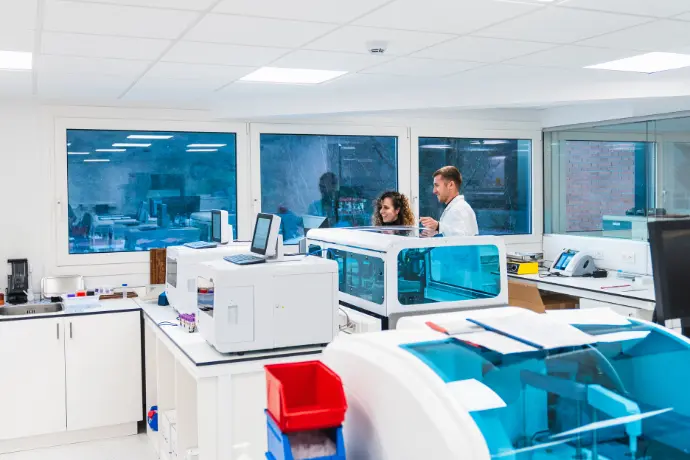
The international laboratory
That brand new Centaur XPT costs double the sticker price after after shipping, duties, and fees to your country. A refurbished unit avoids most of those markups. You get testing capabilities at a fair price.
Making the refurbished vs new decision
New Centaur XPT advantages
Latest software version (though older versions work fine)
Full manufacturer warranty (expensive after year one)
That new equipment smell (fades quickly)
Five to seven year depreciation schedule
Current state with send-outs:
Up to 50% lower purchase price
Same test results (patients can't tell the difference)
Proven reliability (these units already survived their infant mortality period)
Available now (not in 16-20 weeks)
Lower reagent costs (ongoing savings that matter more)
Service at up to half the price (because you'll need it eventually)
The CFO perspective
Your CFO doesn't care about new vs refurbished. They care about cost per reportable result. Show them.
Equipment cost: up to 50% less.
Service cost: up to 50% less
Reagent cost: up to 30% less
Same reimbursement rates
ROI in months
The decision makes itself.
Your current analyzer's trade-in value
That old immunoassay system gathering dust has value:
Still running? Maximum trade-in credit toward your Centaur XPT
Needs repair? Still valuable for parts and refurbishment
Completely dead? Training programs need equipment for students
We've bought and removed hundreds of:
Beckman Access systems
Mini Vidas units
Architect i-series
Older Siemens systems
Your trade-in value reduces the Centaur XPT investment further. We handle decontamination, removal, and shipping. You just wave goodbye.
Centaur XPT service without the runaround

What breaks (eventually)
Year 1-3: Usually nothing. Maybe a probe replacement or tubing.
Year 3-5: Possible pump replacement, annual PM prevents most issues.
Year 5-7: Photomultiplier tube might need attention, board replacement (very rare).
Year 7-10: Still running strong with proper maintenance. Parts readily available.
10:30 AM: Load afternoon samples without stopping. Add new reagent packs without pausing. The Centaur XPT keeps running.
Block Scientific service reality
Our technicians have been fixing Centaur systems since before the XPT existed. They know:
The probe error is usually fibrin.
The carousel jam is typically overfilled reagent.
The QC drift means time for photomultiplier calibration.
The mysterious stop needs a power cycle.
Phone support solves 40% of issues. On-site service handles the rest at up to 50% less than your OEM service contract.
The competition comparison (without the marketing spin)

Advia Centaur XPT vs Roche Cobas e411
The e411 is newer but has documented biotin interference issues. If your population takes biotin supplements (increasingly common), you'll have false results. The Centaur XPT's acridinium ester chemistry avoids this completely. Also, Roche's proprietary reagent pricing will eat your margins.

Advia Centaur XPT vs Beckman UniCel DxI 800
Similar capabilities, similar throughput. The DxI 800 tends to be more complex to operate and maintain. The Centaur XPT's simplicity means your current staff can handle it without extensive training. Both are solid choices - price and availability usually decide.

Advia Centaur XPT vs Abbott Architect i2000
The Architect is a solid platform but Abbott's focus has shifted to Alinity. Support and reagent availability for Architect systems is becoming questionable. The Centaur XPT, despite being from 2014, has committed Siemens support for years to come.

Advia Centaur XPT vs bioMerieux Mini Vidas
Your Vidas maxes out at 30-40 tests per hour. You're already backed up every morning. Staff stays late to finish testing. The Centaur XPT processes six times the volume with the same headcount. The math is obvious.
Essential Centaur XPT FAQs
Train 3-4 people for coverage. Basic operation takes 4 hours to learn. Maintenance training adds another 2 hours. Most techs who've used any automated analyzer adapt quickly. It's not rocket science.
Most labs are comfortable within a week. Your biggest adjustment is having results in 2 hours instead of 2 days. Physicians adapt quickly to faster turnaround.
The Centaur XPT is immunoassay only. For combined testing, consider the Siemens Atellica or Abbott Alinity ci-series. But specialized systems often deliver better reliability than all-in-one platforms.
The Centaur XPT interfaces with every major LIS through standard protocols.
Year 1: Equipment paid through reagent savings. Year 2-5: Pure profit improvement. Year 5-10: Service costs increase but still highly profitable. The refurbished Advia Centaur XPT price makes the entire equation work.
At 240 tests/hour, you have room for 500+ samples daily with smart scheduling. If you truly outgrow it, the XPT becomes valuable backup capacity for your next analyzer. Or sell it back to us - these units hold value.
Time to stop sending out profitable tests

Every immunoassay you send to a reference lab is margin walking out your door. The Siemens Advia Centaur XPT brings that testing in-house at a price that makes sense for real-world budgets.
You know your volumes. You know your send-out costs. You know the Centaur XPT solves your problem. The only question is whether you'll have one in time for next quarter's budget review.
Your next move:
Step 1.
See what Centaur XPT systems we have available
Step 2.
Run the ROI calculation with your actual volumes
Step 3.
Get your trade-in quote
Step 4.
Start banking immunoassay profits in 30 days



